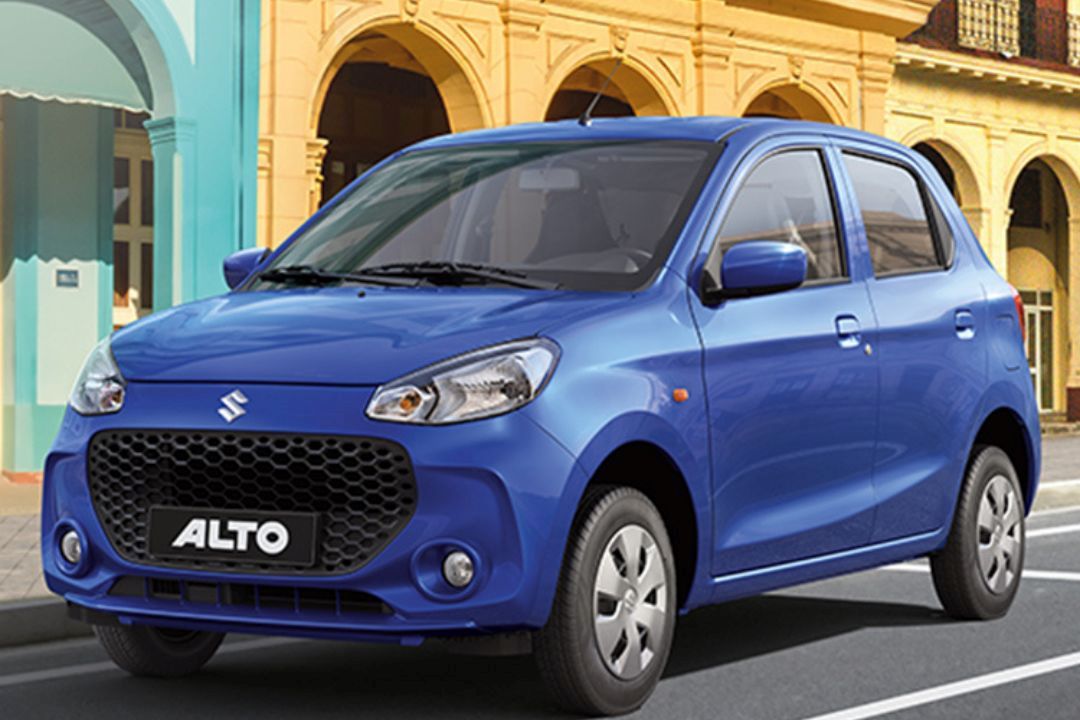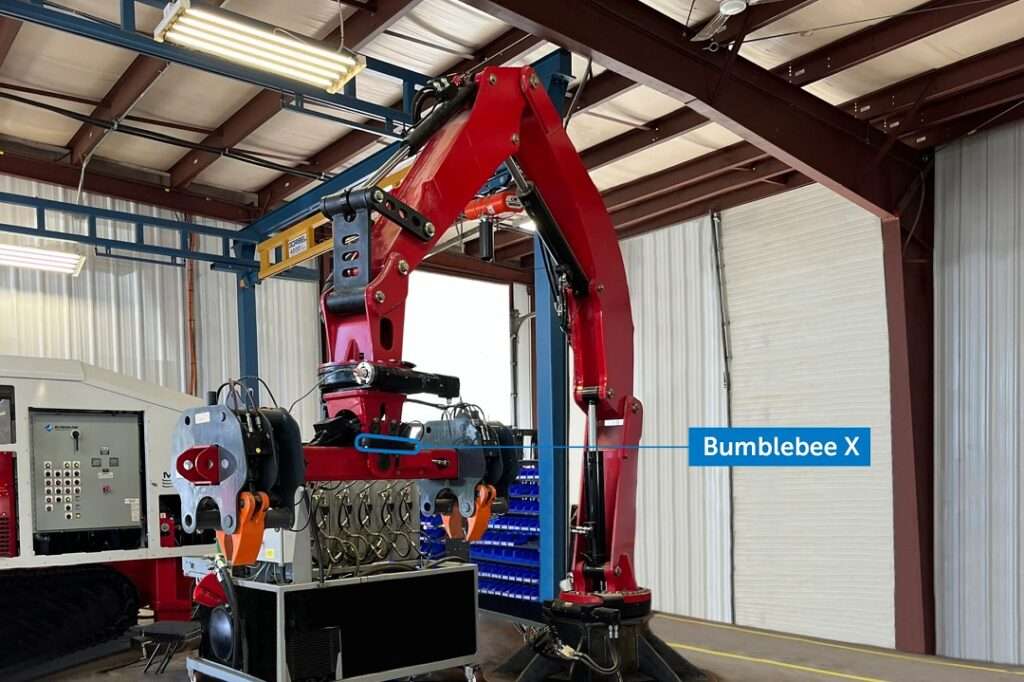India’s car market is expected to reach 20 million units by 2047, driven by the rise in electric vehicles, says Suzuki Motor Corp. Executive Vice President Kenichi Ayukawa. Currently, Maruti Suzuki India Ltd., Suzuki’s subsidiary, aims to increase its market share from 40% to 50% by 2030.
India’s economic growth and expanding middle class provide a significant opportunity for Suzuki, which has been in India since 1983 and leads the market with models like Swift and Brezza. To maintain its position, Suzuki plans to launch its first electric vehicle in India and Europe next year, showcasing it at the upcoming auto expo in India in January. In the last fiscal year, 4.2 million passenger vehicles were sold in India. For comparison, 3.1 million cars were sold in the US, 15 million in Europe, and 26 million in China.
Suzuki’s upcoming eVX will be a premium electric vehicle, but the company also plans to introduce more affordable and compact models. By 2030, Suzuki aims for 15% of its sales in India to be electric vehicles. Ayukawa noted that while India remains a price-sensitive market, interest in crossovers and SUVs is growing, posing strong competition from Tata and Mahindra.
Tata Motors, India’s third-largest carmaker, leads in electric vehicles with models like Tiago and Nexon, and expects its EV business to be profitable by 2026. Suzuki will focus on everyday-use models, developing new battery types and potentially starting domestic production of cells in the next 5 to 10 years. In collaboration with Toyota Motor Corp., Suzuki will concentrate on smaller cars while Toyota handles larger models, with Toyota’s EV technology enhancing Suzuki’s development.
Additionally, Suzuki sees potential in cars powered by compressed natural gas (CNG), which is cheaper than gasoline in India. Maruti Suzuki sold 483,000 CNG cars last fiscal year, up 47% from the previous year. Suzuki plans to operate plants converting methane from cow manure into fuel for CNG cars but faces challenges in monetizing the byproduct as fertilizer on a large scale.








